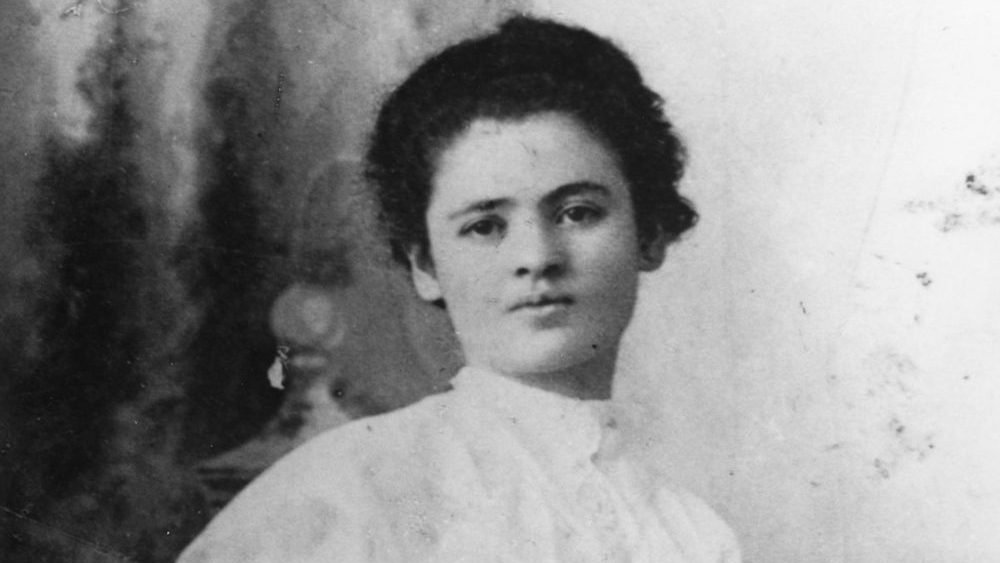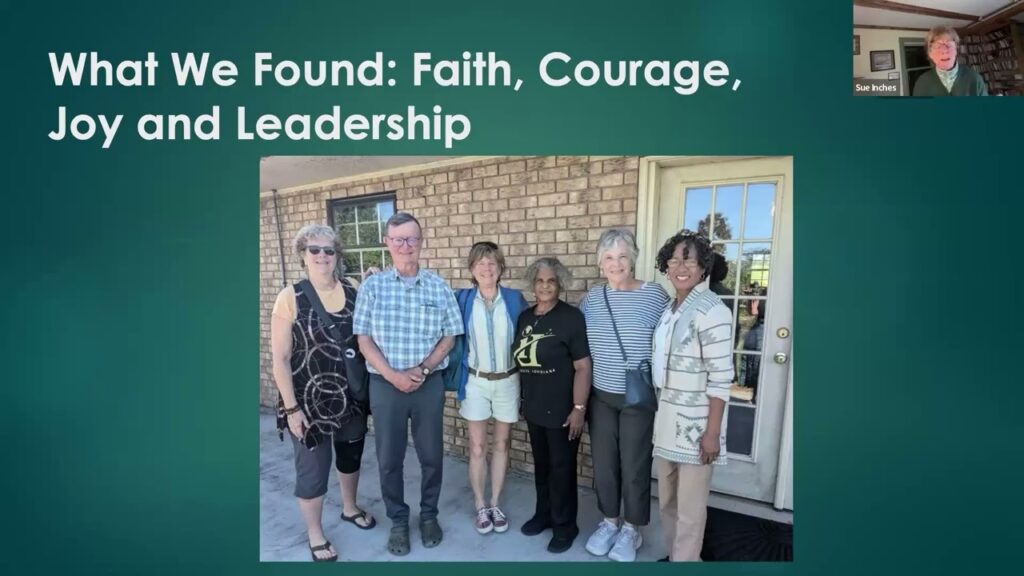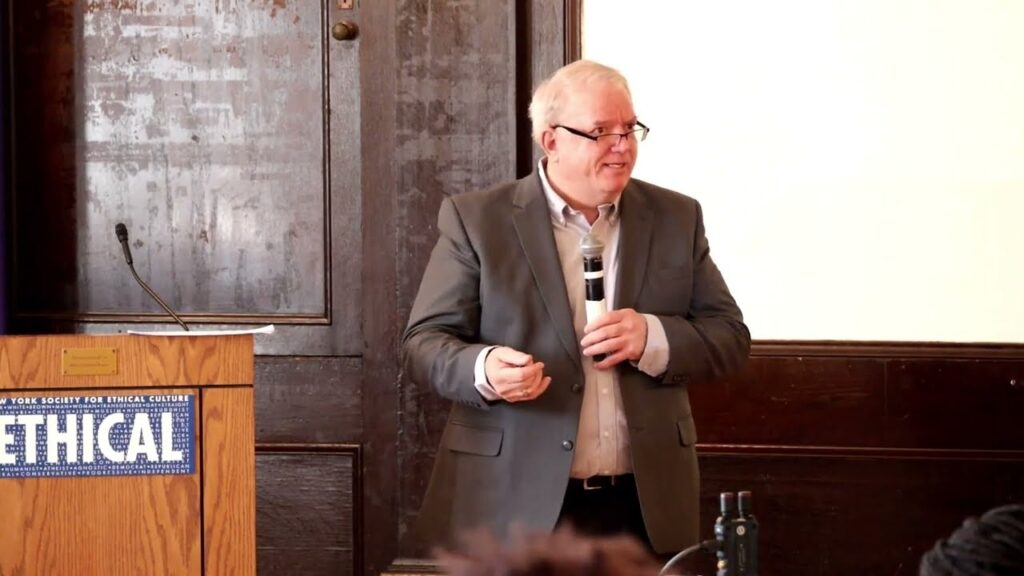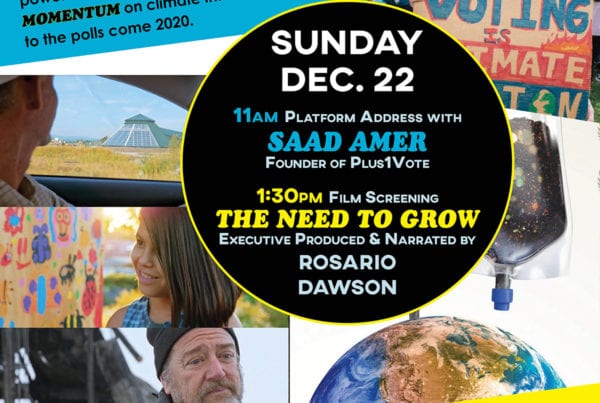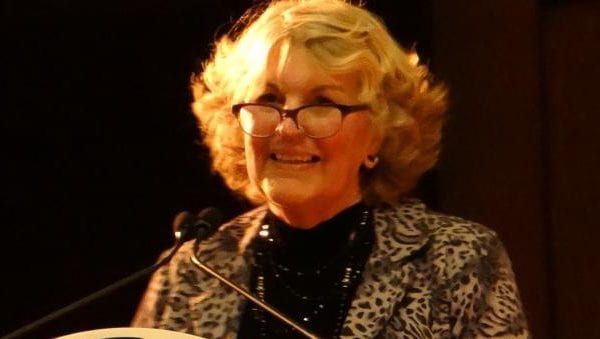
One of the joys of my profession is engaging with clergy colleagues from other faith traditions in social justice and university campus settings. My pastoral counseling training also included students from different faiths, and it deepened my appreciation for how much we have in common. All of us serve communities of people striving to be their best selves and to nurture loving relationships. The principles of group dynamics apply everywhere, so we learned together, supported one another, and stay in touch.
Ethical societies include religious literacy in their curriculum for children. Growing up in the Brooklyn Society, my children had the opportunity to visit churches, synagogues, Hindu temples, and mosques. Their friends in public school grew up in all of these faith traditions. Learning about them made them better friends. How I wish everyone had this experience!
Last month I participated in a Muslim Ally Zone Training at New York University, where I serve in the Center for Global Spiritual Life as Humanist Chaplain. Two presenters addressed a full house comprised of students, faculty, administrators, residence advisors, and chaplains. We were all eager to learn more and distressed to hear that, even on a liberal campus in a multicultural city, Muslims face not only discrimination but also harassment and violence.
There is a negative stigma associated with the terms “Muslim” and “Islam.” Most Americans know very little, and misinformation is rampant. Indeed, 21% believe that ISIS is a proper depiction of Islam. As one presenter said, “We talk a lot about our faith, but people don’t listen. I choose not to wear a hijab, but my sisters do. No one forces them. It is a way in which they practice their faith and assert their rights as Americans. As individuals, we are all free to practice our faith in different ways.”
Here are some basic facts:
• There are 1.7 billion Muslims in the world or 23% of the world’s population. They are racially diverse, live in 77 countries, and 62% live in the Asia-Pacific area.
• Islam is the second largest and fastest growing religion in the world. One in five Muslims is a convert.
• The first Muslims arrived in America as slaves in the 17th century and now number 3.3 million or 1% of U.S. population. Dearborn, MI has the largest number of Muslims in the country, and Queens has the largest number in NYC.
• One out of eight NYC public school students (12%) are Muslim, and in Queens, Brooklyn, and the Bronx they number as many as 20%.
• Anti-Muslim violence remained significantly higher in 2015 than pre-9/11 levels, with American Muslims up to nine times more likely to suffer violent attacks.
• There has been a 197% increase in the number of anti-Muslim hate groups up from 2015. These organizations portray Muslims as fundamentally alien, irrational, intolerant and violent. The propaganda they disseminate about Islam is overtly hostile.
The other presenter relayed his experience of growing up on eastern Long Island where, on 9/11, he was a high school freshman and one of only ten minority students in a class of 600. “I have heard every terrible thing you can imagine about being Muslim,” he said. “I moved, but my parents still live there and are often told to ‘go back to where you came from.’ The sad thing is that we’re used to it and it doesn’t bother us anymore. I worry about my young children.” He reminded us that when Ted Cruz was a presidential candidate in 2016, he said, “I am a Christian first. I am an American second,” and asked whether it would be acceptable for any Muslim candidate to put her or his faith first.
What are we to do when hate crimes targeting Muslims are at an all-time high? Be an ally. Ask your friends, neighbors and colleagues how you can support them. If you are a bystander to harassment, engage the victim and offer a friendly presence. Accompanying this essay is a helpful list from WNYC’s “On the Media” program. Above all, educate yourself about Islam and visit a mosque. Ask questions and participate in social action in support of Muslims.
Omid Safi, Director of Duke University’s Islamic Studies Center, offers these words: “Examine your own heart, explore your soul, and then tell me something about your heart and your soul. . . Have that conversation, that glance, that touch. Be a healing conversation, one filled with grace and presence.”


